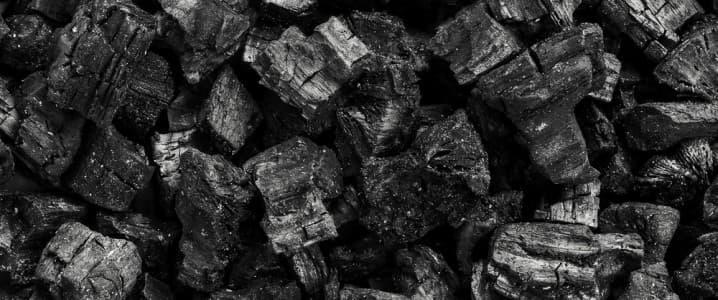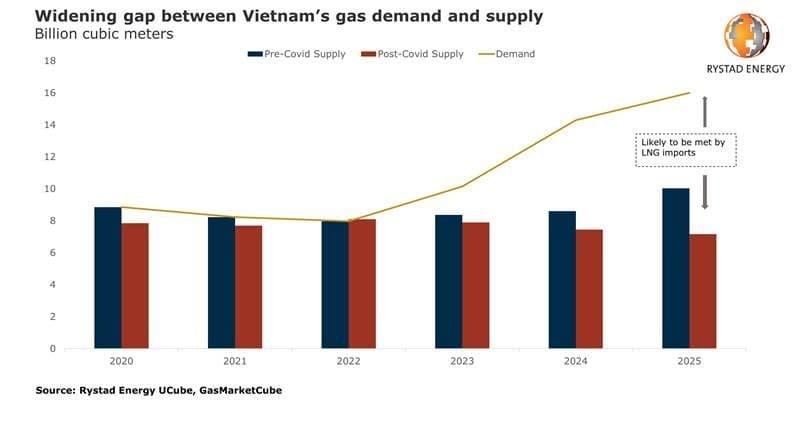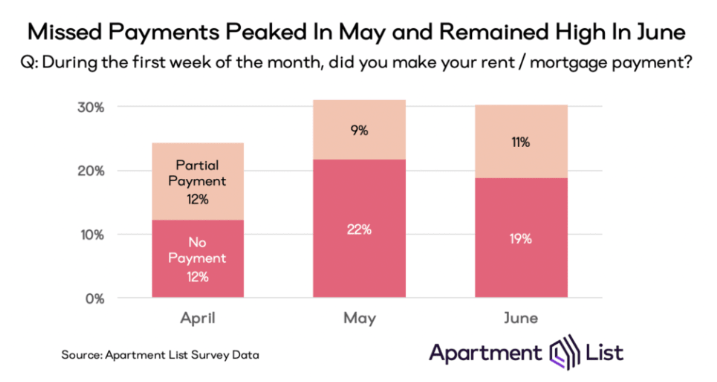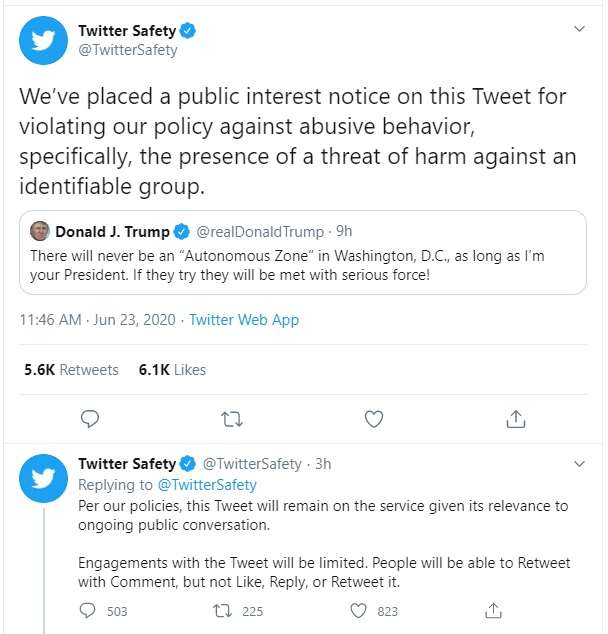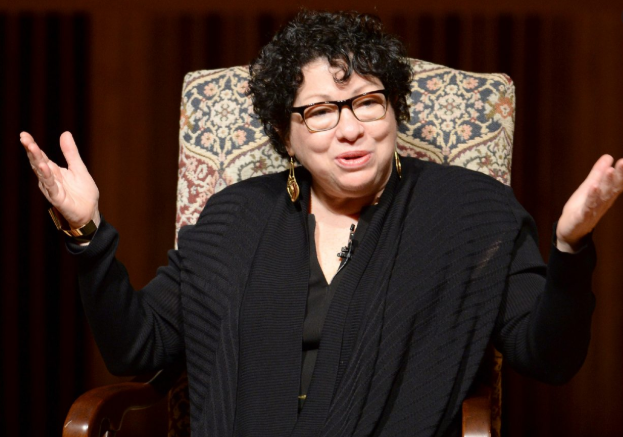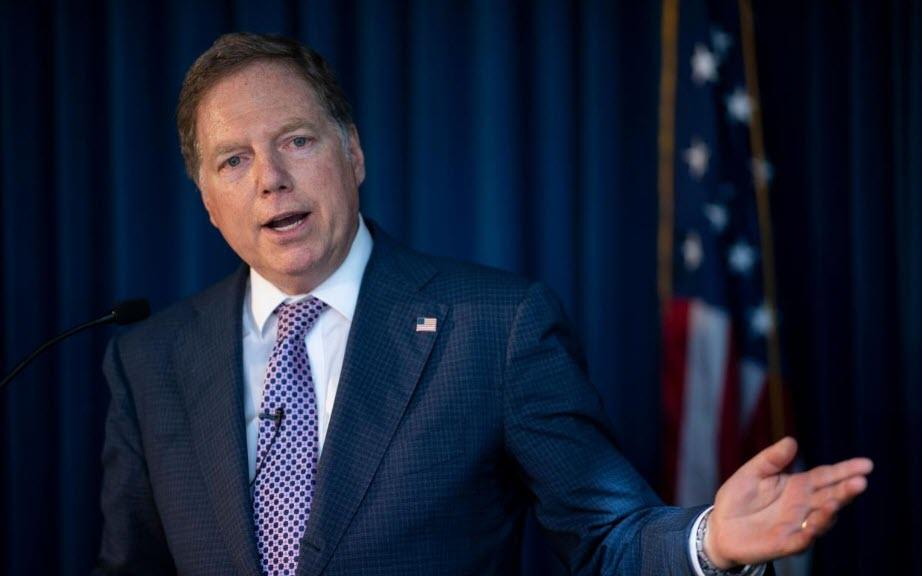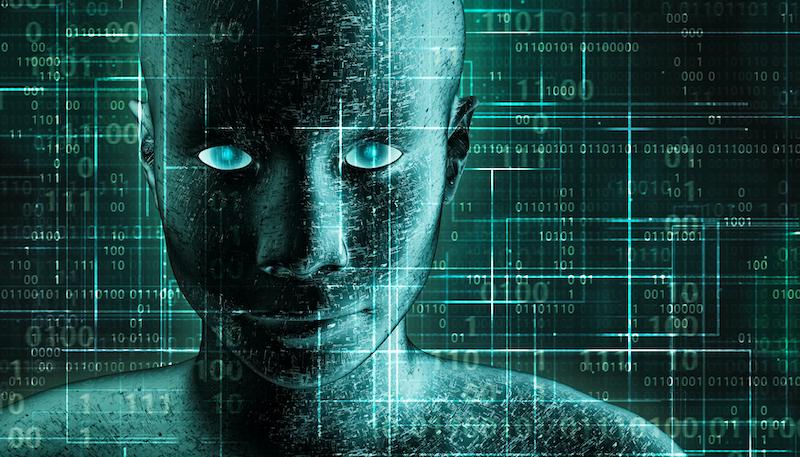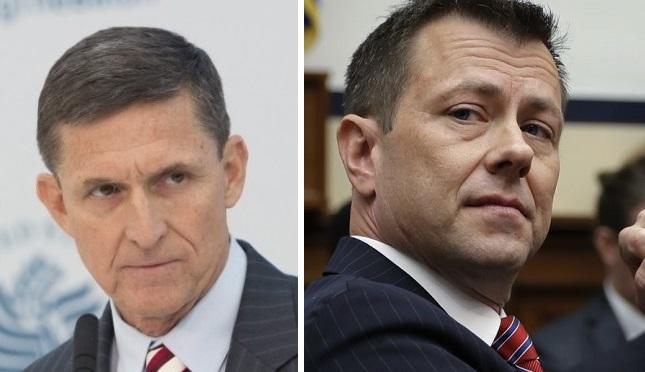Could COVID-19 Cause A Boom In Coal Power?
Tyler Durden
Tue, 06/23/2020 – 19:25
-
COVID-19 has not only impacted the energy industry’s revenues but also its infrastructure development.
-
The delay of new natural gas facilities means that many countries, such as Vietnam, will have to rely on coal-generated power to make up the shortfall.
-
The case study of Vietnam shows that these infrastructure delays will also lead to an increase in LNG imports.
The global energy industry downturn at the hands of Covid-19 has not only hurt immediate revenues, but is also affecting national infrastructure and energy policy planning.
A Rystad Energy analysis shows that gas resources around the world will see development delays, with the construction of planned regasification facilities also at risk. Coal may benefit as a result.
The case of Vietnam is a good example of how a country with its own rich gas resources will fail to meet domestic production expectations, requiring an increase in liquefied natural gas (LNG) imports instead. Planned regasification facilities also risk delays due to the downturn, leaving the use of coal as the only financially viable option to meet growing power demand.
Vietnam’s strong GDP growth – about 6 percent to 7 percent per year – demands a growing amount of energy resources. With a hunger to satisfy the country’s stable growth, Vietnam expects its power generation capacity to reach 125 to 130 GW by 2030 from the current 54 GW of capacity. In 2019, 33 percent of the country’s power mix was met with gas and the rest was fueled by renewables and coal.
Even if non-gas sources meet their respective targets, there will still be significant gas demand as gas-fired power generation capacity is expected to grow from 7.2 GW at present, to 15 GW by 2025 and 19 GW by 2030.
Before the Covid-19 pandemic, Rystad Energy had forecasted that Vietnam’s domestic gas output would reach 10 billion cubic meters (Bcm) by 2025. Of this, around 60 percent of total gas produced was expected to come from new developments. Our updated outlook shows a much different picture, with the pandemic crisis and low oil prices postponing more than 200 Bcm of Vietnam’s undeveloped natural gas resources.
Regardless of the present environment, the country is already facing declining domestic gas production. Nam Con Son Gas accounted for approximately 30 percent of the country’s total gas production in 2019, and has seen an average year-over-year decline of 8 percent since 2010. Similarly, gas production from other gas projects has seen 11 percent to 40 percent y/y decline between 2011 and 2019.
Of the 180 Bcm of gas resources discovered in the last 10 years only the Sao Vang and Dai Nguyet fields have approved field development plans, as the FID process has proven a long and arduous road. In the past decade only 11 percent of projects have been able to secure funding and the right to proceed with drilling and the development of new resources.
“Although Vietnam greenfield spending was expected to triple in 2021, with investments surpassing $1.8 billion, the present dual-crisis of low oil prices and Covid-19 has affected the capital spend ability of major stakeholders, creating a huge obstacle for monetizing existing available resources,“ says Rystad Energy’s senior analyst Debika Chakraborty.
As a result, Vietnam will only produce 7 Bcm of gas in 2025, rather than the expected 10 Bcm, creating a 9 Bcm gap between domestic production and the 16 Bcm of expected domestic demand. Vietnam’s goal to produce 80 percent of power generation with gas in the next 15 years now seems even less likely.
In order to avoid reverting back to heavy coal imports, Vietnam will likely begin increasing its LNG imports as early as 2022. Even so, importing sufficient LNG volumes will be difficult.
There are currently four LNG terminals in the project pipeline – Thi Vai LNG, Son My LNG, Tien Giang LNG Projects, and South West LNG – which together will have a combined capacity of 10 million tonnes per annum by 2025. However, the terminals, which are being constructed primarily in southern Vietnam, will only reach 1 million tpa import capacity by 2023 with the start-up of Phase 1 of the Thi Vai terminal. This will only marginally fulfill the demand-supply gap.
Given this, any delays in the other planned regasification projects will put Vietnam’s goal at risk, a potential outcome that seems realistic in today’s volatile market conditions.
Thus, to ensure a stable and affordable power supply, Vietnam will likely have to increase coal imports, making it nearly impossible for the country to meet its goal and reduce greenhouse gas emissions by 20-30 percent by 2030.
via ZeroHedge News https://ift.tt/3i5AgzE Tyler Durden
